
Could Estevao Willian Be Chelsea’s Unexpected Savior Amid Cole Palmer’s Absence?
Sometimes a single moment on the pitch tells a tale far richer than the scoreline itself. Chelsea’s nail-biting 2–1 triumph over Liverpool isn’t just a late winner story—it’s a scratch beneath the surface revealing the blueprint of Enzo Maresca’s Chelsea vision taking shape. Off the field, the handover hinted at is as symbolic as the goal itself: Cole Palmer, sidelined and sidelined only in body, was there to greet Estevao, the young Brazilian stepping boldly into the spotlight. Signed at a hefty price and shielded with care, Estevao’s emergence embodies the club’s pact to nurture talent patiently rather than rush stardom. That 95th-minute strike is more than a game-winner; it’s a beacon signaling Chelsea’s shift—investing in youth, seeding patience, and prioritizing craft over clout. This match might just be the first chapter in a story of partnership, growth, and a fresh dawn at Stamford Bridge. LEARN MORE
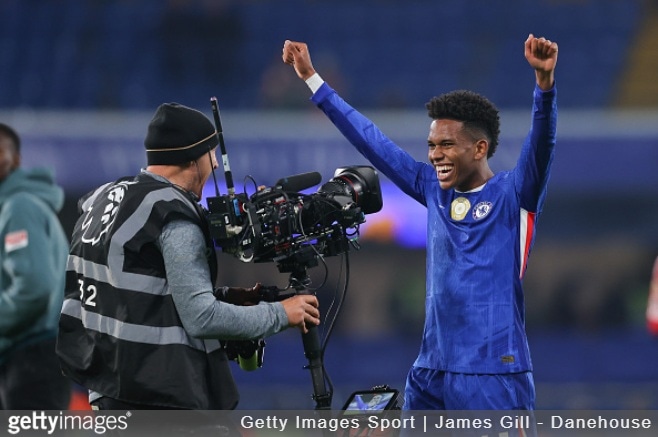
Chelsea’s late 2–1 victory over Liverpool at Stamford Bridge may have been defined by Estevao’s dramatic 95th-minute winner, but the story beneath the celebrations told of something more — a glimpse of Chelsea’s emerging identity under Enzo Maresca, and the quiet handover from one star to another.
Cole Palmer, normally the creative heartbeat of this side, could only watch from the sidelines, nursing a stubborn groin injury. Yet as the final whistle blew, the England international was among the first on the pitch — cutting through the blue haze in a striking green coat — to embrace Estevao. The 18-year-old Brazilian had just delivered the defining moment of the match, stepping into Palmer’s void with flair and fearlessness.
Estevao’s path to that instant has been carefully managed. Signed from Palmeiras for £29 million plus £15 million in potential add-ons, the teenager arrived in London amid great expectations. Still, Maresca and his staff have chosen caution, shielding him from excessive exposure while ensuring his adaptation to England’s pace and culture. “A young player can suffer when he moves from another country,” assistant coach Willy Caballero noted. “But Estevao is a great kid, and the group has helped him feel part of it. He needed that goal, and we all did.”
That breakthrough came in the kind of match Chelsea often use to define their momentum. With Maresca forced into a risky attacking reshuffle after losing two defenders mid-game, Estevao entered on 75 minutes and immediately lit up a contest that had grown tense and narrow. He fizzed a shot toward the far post, forced Giorgi Mamardashvili into a save, then crafted a perfect cross for Enzo Fernández that should have been buried. Each touch carried intent; every movement drew energy from the crowd.
By the time he swept home the winner in stoppage time, he had not just changed the game — he had reaffirmed the value of Chelsea’s project: investing in youth, cultivating patience, and trusting technical quality over brute force.
It is no coincidence that Maresca sees echoes of Palmer in his new protégé. “Estevao reminded me of Cole when he was with me in the under-23s at Manchester City,” the manager said. “Cole’s path started wide before he moved inside, and Estevao’s will be similar. But the Premier League demands physicality — that takes time.”
That same patience defined Palmer’s own rise. Now an England international, he has become central to Maresca’s design, a fluid attacker capable of dictating tempo and unlocking defenses. Yet the groin injury that flared before the West Ham match — when Estevao shone on his first league start — has kept him sidelined longer than expected. The medical team will review his progress again this week, treating his recovery as a “day-by-day” process.
Chelsea’s hope, of course, is that Estevao’s sudden spark can sustain them through Palmer’s absence. Saturday’s goal not only ended a potential four-game winless run but also shifted the mood within the camp — from strain to belief. For Maresca, still sculpting a new-look side, such moments matter.
The longer-term dream is to see both players on the pitch together. Pre-season glimpses of their interplay suggested something potent — two technicians sharing spatial instinct and imagination, feeding off one another’s movement. With Christopher Nkunku still regaining rhythm and Raheem Sterling adapting to a rotational role, a Palmer-Estevao tandem could redefine Chelsea’s attacking identity, offering unpredictability and control in equal measure.
Liverpool, meanwhile, left Stamford Bridge with renewed questions of their own. Arne Slot’s side remains an unfinished sketch — talented but disjointed, especially in attack. Florian Wirtz, their marquee summer signing, began on the bench as Slot reverted to last season’s reliable midfield trio of Szoboszlai, Gravenberch, and Mac Allister. When Wirtz entered at half-time, he instantly offered purpose, threading a clever pirouette pass into Mohamed Salah’s stride, only for the Egyptian to squander the chance.
Salah’s subdued finishing mirrored Liverpool’s broader issue: promise without payoff. “He had many opportunities to do what he’s done so often,” Slot admitted post-match. “But he’s human. Not every chance becomes a goal.”
Chelsea, conversely, have found reward in their risk. The youthful exuberance that sometimes threatens to undermine them also provides their greatest edge. In Estevao’s decisive intervention — one borne of boldness rather than experience — the club glimpsed what could become a season-defining narrative: a team learning to win not despite its youth, but because of it.
Maresca’s project still feels embryonic. The tactical patterns are taking root; the balance between patience and penetration remains delicate. Yet nights like these — when a teenager steps out of a shadow and into the spotlight — accelerate belief.
If Palmer’s rehabilitation stays on course, Chelsea could soon boast two creators of rare vision, equally capable of deciding matches in different ways. For a side that has often lacked end product, that possibility is gold dust.
Estevao’s name may be new to English audiences, but his rise has been coming. Those who watched him in Brazil knew of his composure, his quick feet, and his sense for the decisive moment. What Saturday confirmed was his readiness to carry expectation.
And as Palmer’s embrace at full-time showed, there is no rivalry here — only succession, maybe even partnership. Chelsea’s win over Liverpool may, in hindsight, mark not just three vital points but the moment when a new chapter began at Stamford Bridge: the passing of the torch from one young star to another, both destined to share the light.
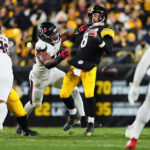

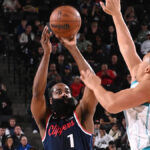



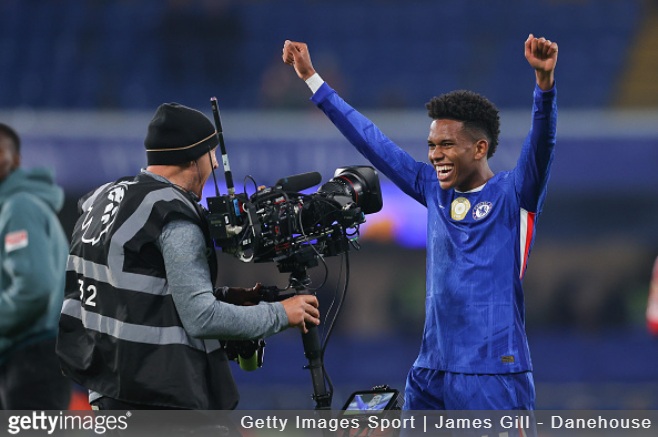
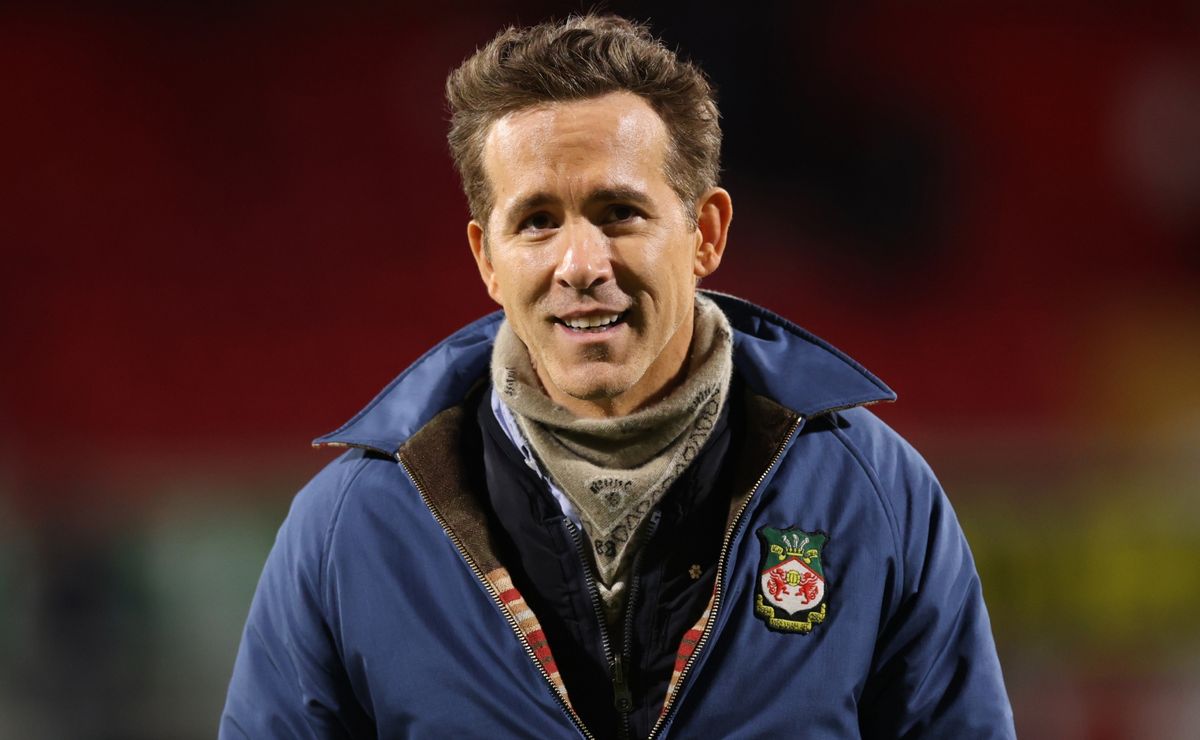
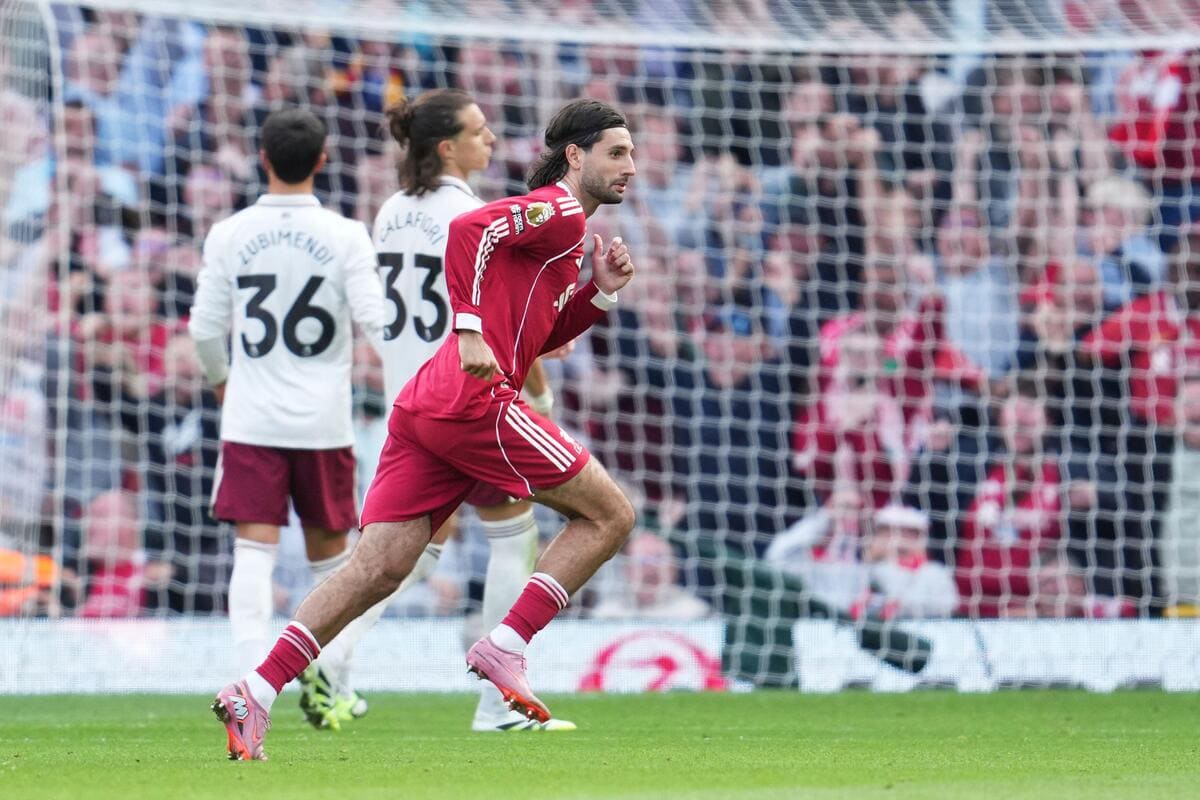
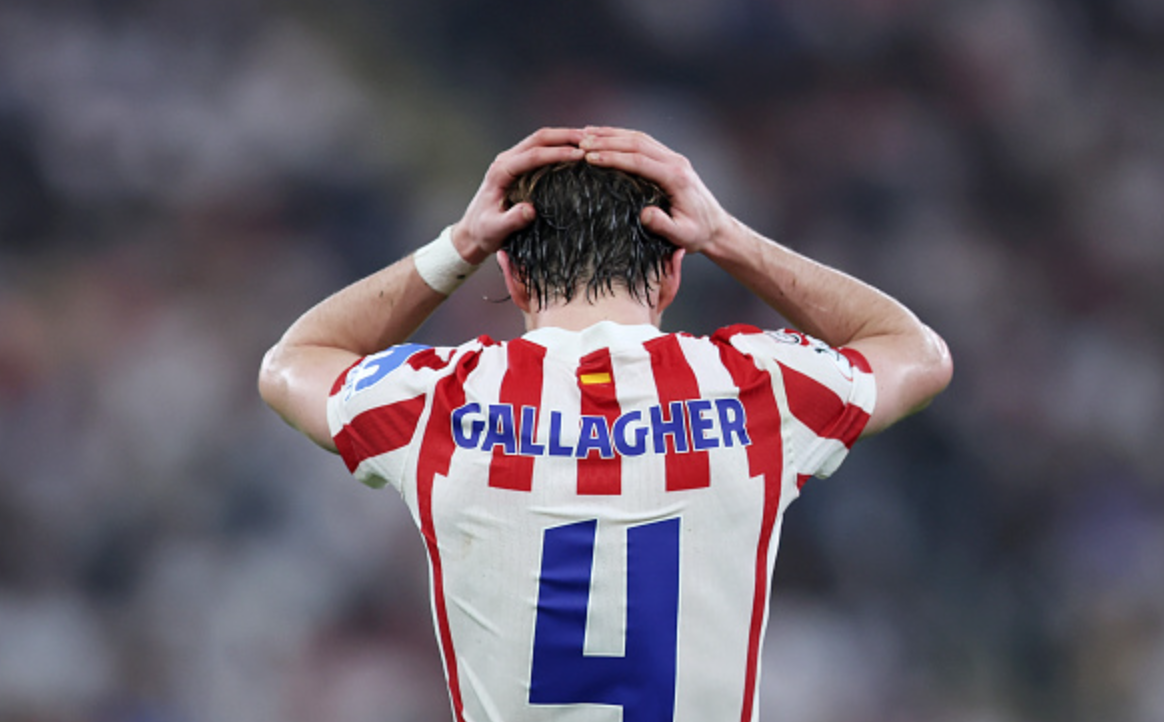







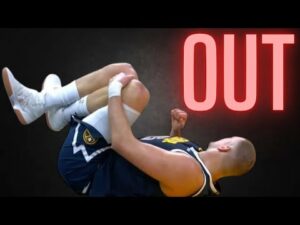

Post Comment